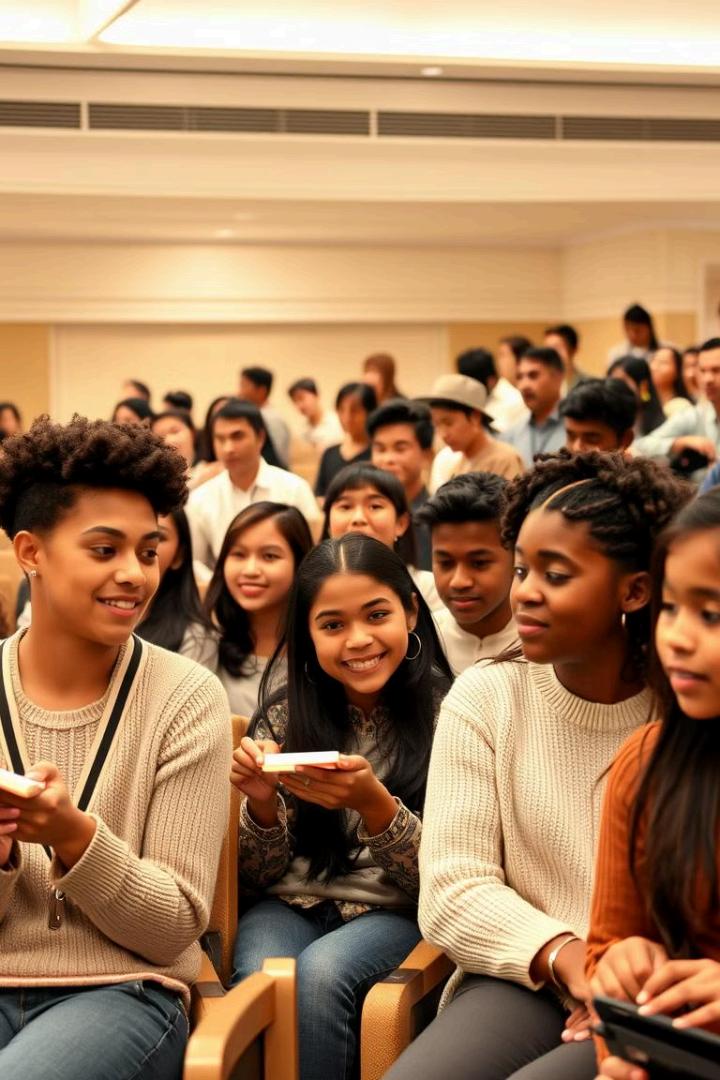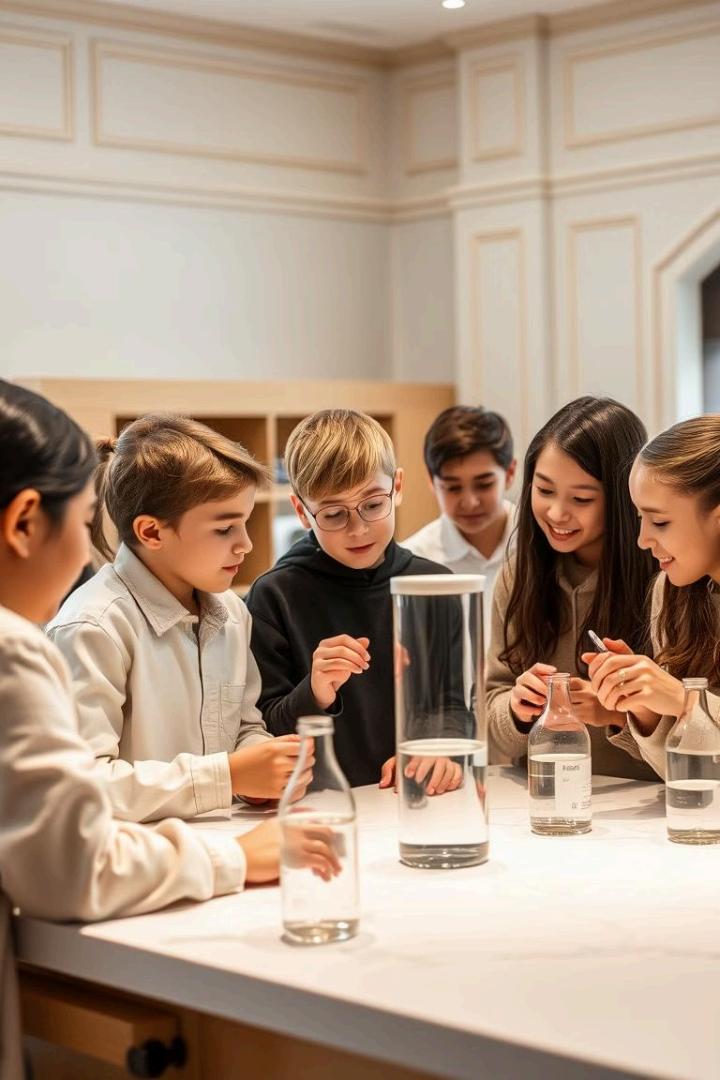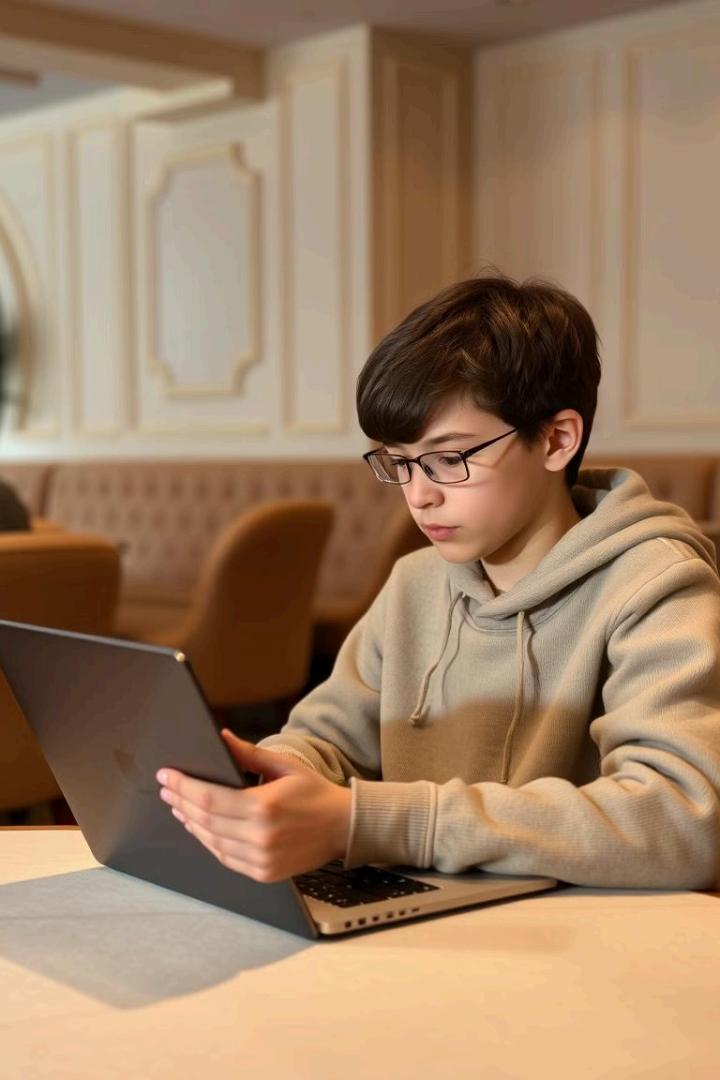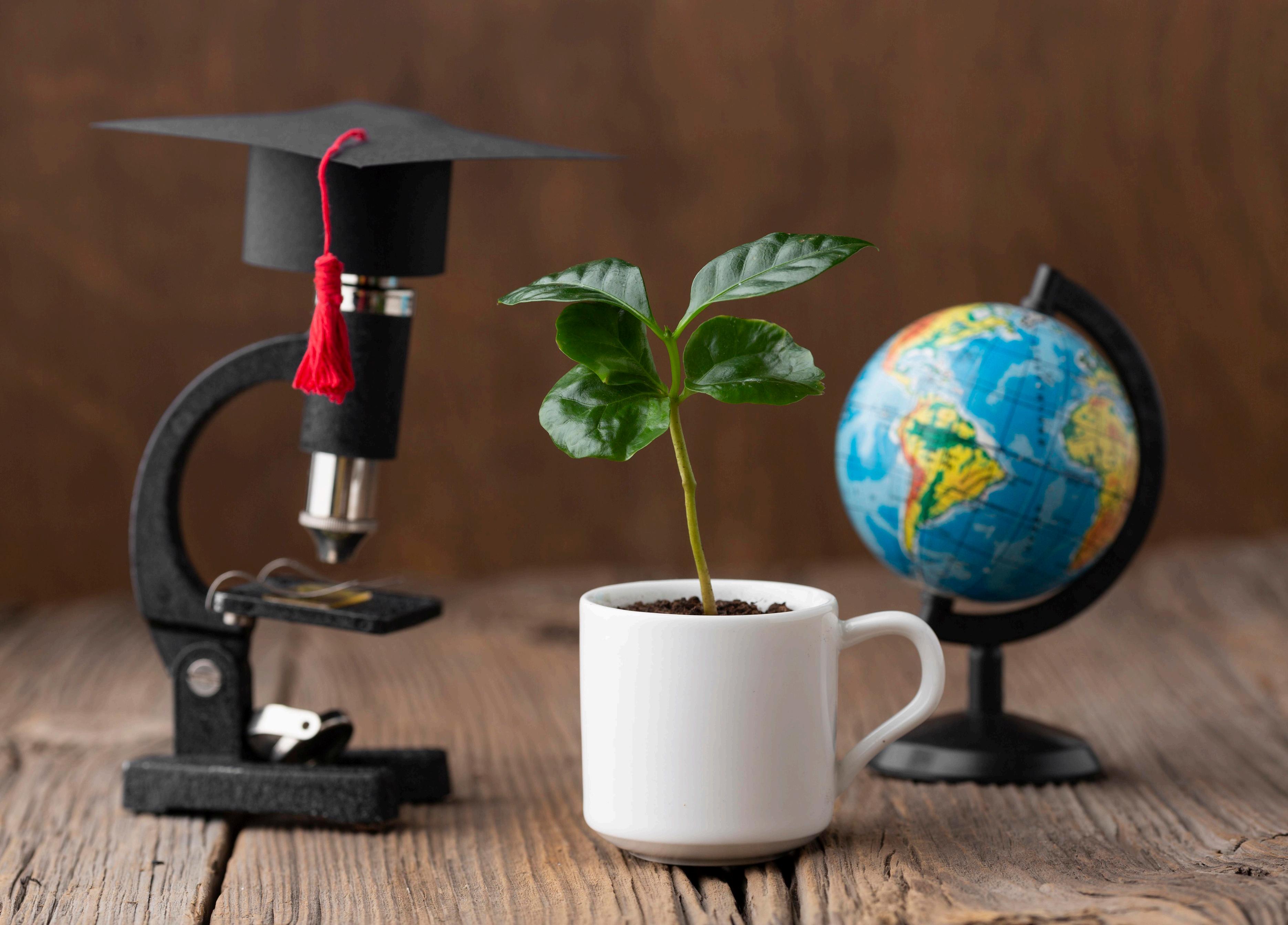

How Educators Can Inspire Lifelong Learning in Students
Salvatore Frieri

in today’s rapidly changing world. For students to te a mindset that embraces continuous learning ucators play a key role in inspiring this mindset, me curious, adaptable, and self-motivated learners how educators can foster a culture of lifelong s that help students remain engaged, inquisitive, ge throughout their lives.
Foster a Growth Mindset
Praise Effort
Praise effort rather than innate ability
(e.g., “You worked really hard on this” instead of “You’re so smart”).
Learn from Failure Encourage learning from failure by normalizing mistakes as part of the learning process.
Embrace Challenges
Use phrases like “Not yet” to remind students that improvement is always possible.
Dr. Carol Dweck’s research highlights the importance of believing in continuous development. Students with a growth mindset see intelligence as qualities that can be developed through effort. By fostering this mindset, educators help students embrace challenges and develop resilience.
Encourage Inquiry-Based Learning
1 Open-Ended Questions
Use open-ended questions that encourage discussion and deeper thinking.
2 Explore Topics
Design projects and experiments that allow students to explore topics they find interesting.
3 Research Findings
Encourage students to research and present findings on subjects beyond the curriculum. Inquiry-based learning shifts the focus from passive reception of knowledge to active exploration. When students ask questions and seek answers independently, they develop curiosity and a thirst for knowledge. When students are encouraged to investigate, analyze, and draw their own conclusions, they develop the habit of continuous learning.

Integrate Real-World Applications

Guest speakers from various industries can show how education connects to careers.


Field trips and handson activities reinforce classroom concepts. Assign problemsolving tasks that require students to apply skills to realworld scenarios.
One of the most effective ways to inspire lifelong learning is by demonstrating how knowledge applies in the real world. When students see the relevance of what they learn, they become more engaged and motivated to continue exploring. When students see learning as meaningful beyond the classroom, they become more eager to continue their education throughout life.


Promote Self-Directed Learning



Personalized Projects
Assign personalized projects where students choose topics based on their interests.
Research Skills
Teach research skills so students can confidently seek out credible information.
Online Platforms
Introduce students to online learning platforms such as Coursera, Khan Academy, or TED Talks.
Lifelong learners take charge of their education. Educators can cultivate this independence by encouraging self-directed learning, where students set their own goals and explore subjects beyond the syllabus. When students learn how to learn on their own, they develop autonomy and confidence in their ability to acquire knowledge throughout life.
Encourage Collaboration and Peer Learning
Group Projects
Use group projects to encourage teamwork and knowledge-sharing.
Debates
Facilitate debates and discussions to expose students to different perspectives.
Mentorship
Create mentorship opportunities where older students guide younger peers.
Lifelong learning is not just about individual effort—it also involves learning from others. Encouraging peer learning fosters a collaborative environment where students support and challenge each other. Collaboration teaches students that knowledge is a shared and evolving resource, encouraging them to seek out learning opportunities throughout their lives.


Introduce Reflection and Goal Setting
1 Journaling
Use journaling exercises where students reflect on what they’ve learned.
2 Learning Goals
Encourage students to set short-term and long-term learning goals.
3 Discussions
Have regular one-on-one discussions about academic progress and aspirations.
Encouraging students to reflect on their learning experiences helps them understand their strengths, weaknesses, and areas for growth. Setting goals keeps them motivated and focused on continuous improvement. By teaching students to reflect and set goals, educators empower them to take charge of their lifelong learning journey.

www.crunchbase.com/person/salvatore-frieri-e938
